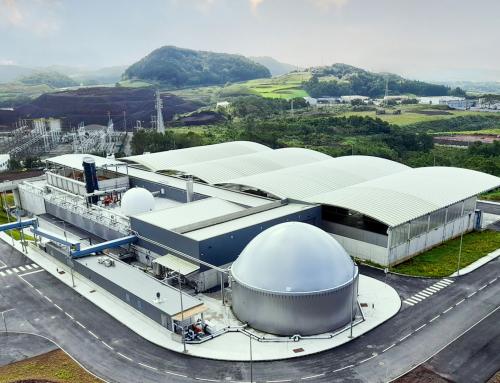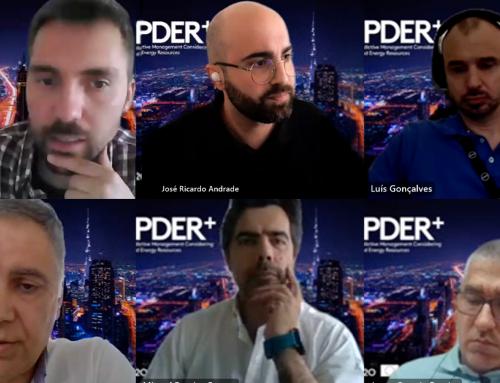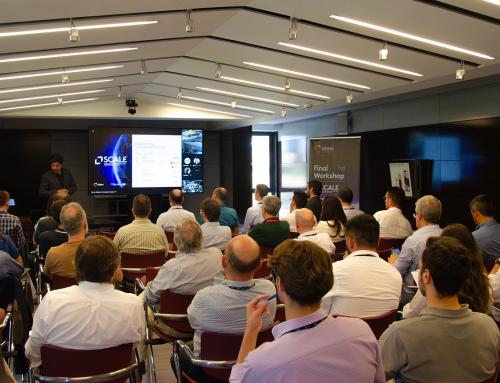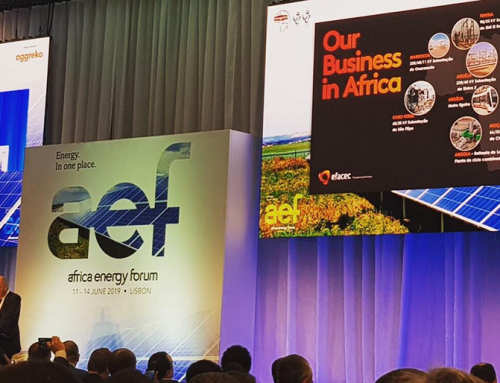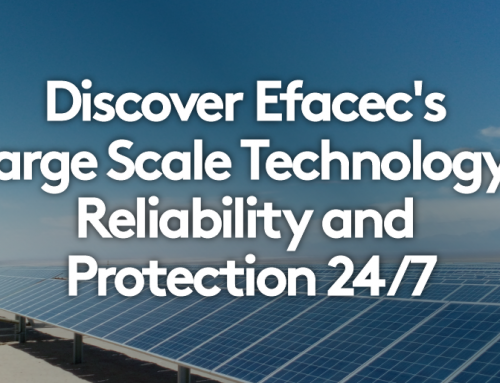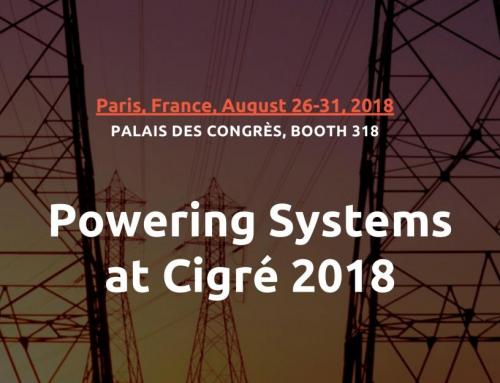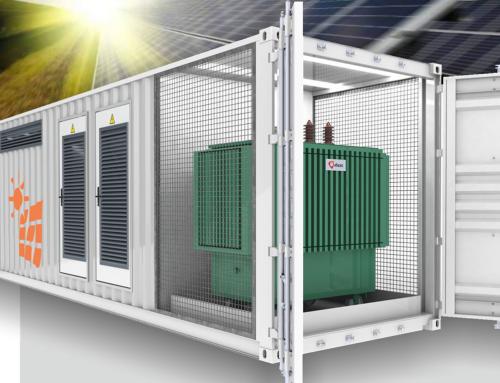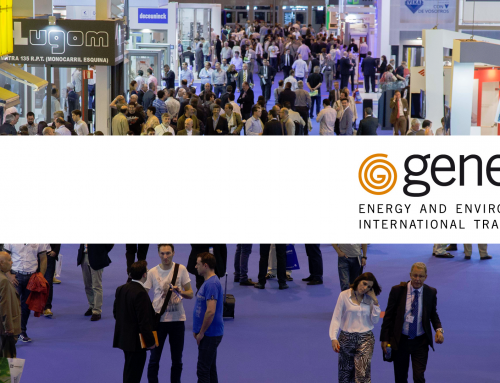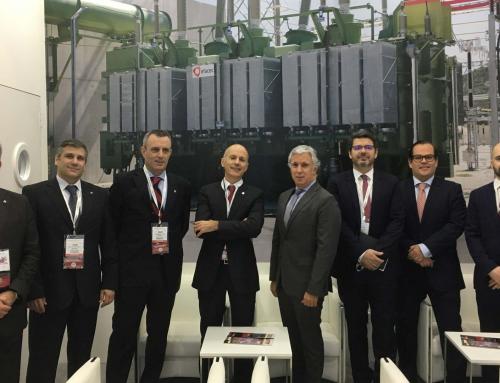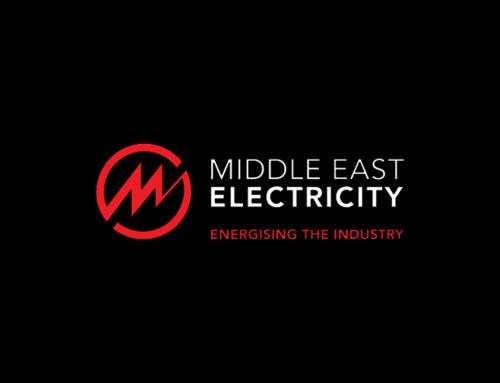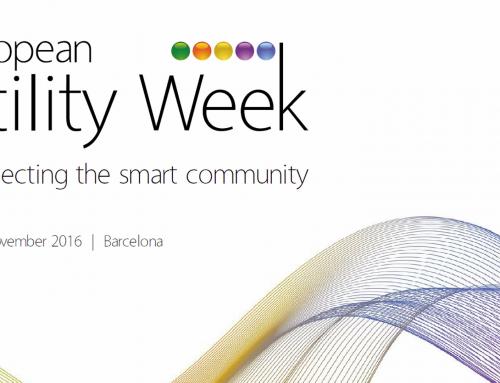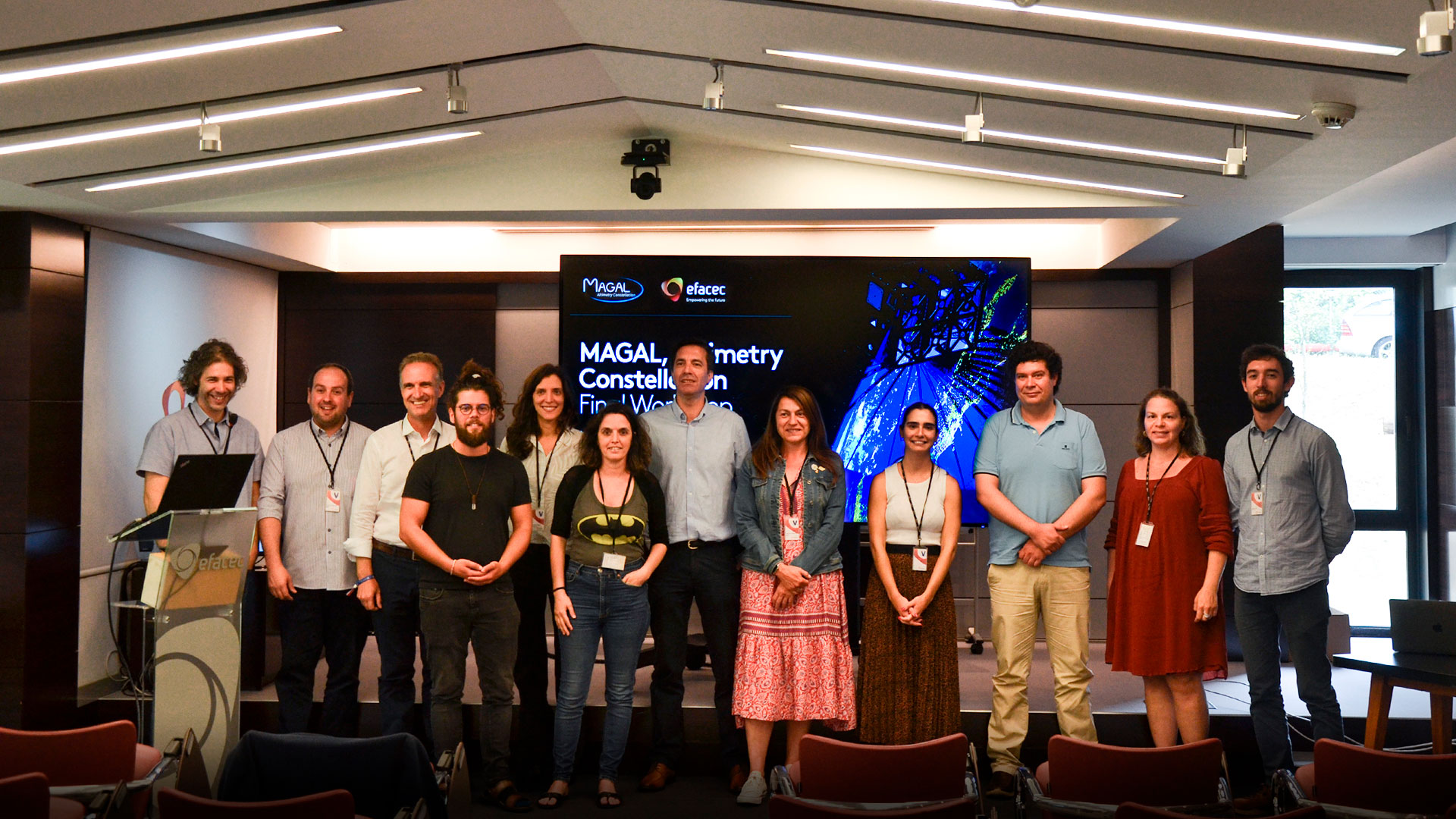
The MAGAL project, co-financed by Compete2020 was the motto to bring together the scientific community involved in the project. In the Final Online Workshop, organized by Efacec, leader of the consortium, and attended by over 60 people, the future of radar altimetry was addressed.
MAGAL is the first worldwide project regarding the design of a satellite network in the New Space domain to monitor the oceans through radar altimetry, reducing the costs of satellite production, launching and operation and, consequently, obtaining more data on the phenomena that occur.
The event, which was kicked off by Arlindo Marques, the MAGAL project manager, addressed the following topics:
- Overview of the project main objectives;
- Concept, architecture, solution and estimated performance;
- Presentation of the results obtained
- Demonstration of the radar altimeter prototype by Daniel Albuquerque (IT Aveiro);
- Demonstration of the Data Centre by Paulo Figueiredo (CEiiA).
- Alongside the presentation of the project, two panel debates were held:
“End-Users Needs and Wishes & Chat Q&A” – discussion of the pros and cons of ocean monitoring by radar altimetry, consisting by the moderator Carolina Sá (PT Space) and by the speakers Fabiola Amorim (CIIMAR), Byron Tapley (UT Austin), João Janeiro (S2AQUAcoLAB) and Paulo Relvas (Universidade Algarve/ CCMAR).
“Stakeholders Funding & Chat Q&A” – discussion of the financing of new and/ or emerging technologies, such as MAGAL, for the development of the sector, composed by the moderator Pedro Lacerda (Instituto Pedro Nunes – ESA BIC) and by the speakers Santiago Cabaleiro (CETGA) and Pedro Quelhas (Portugal Ventures).
Through the MAGAL Constellation project, Efacec thus assumes the role of establishing the cornerstone of a future ocean monitoring constellation, based on radar altimeter data combined with gravity as well as ocean temperature and salinity measurements.
The Magal project involved an eligible investment of 1.9 million euros and was led by Efacec, with the contribution of the following co-promoters and partners: CEiiA – Centro de Engenharia e Desenvolvimento (Associação), OMNIDEA, Lda, CIIMAR – Centro Interdisciplinar de Investigação Marinha e Ambiental, Instituto Superior Técnico, Instituto de Telecomunicações – Aveiro, Universidade da Beira Interior, +ATLANTIC – Associação para um Laboratório Colaborativo do Atlântico; FGF – Fundação Gaspar Frutuoso, AIR Centre, University of Texas – Austin.


